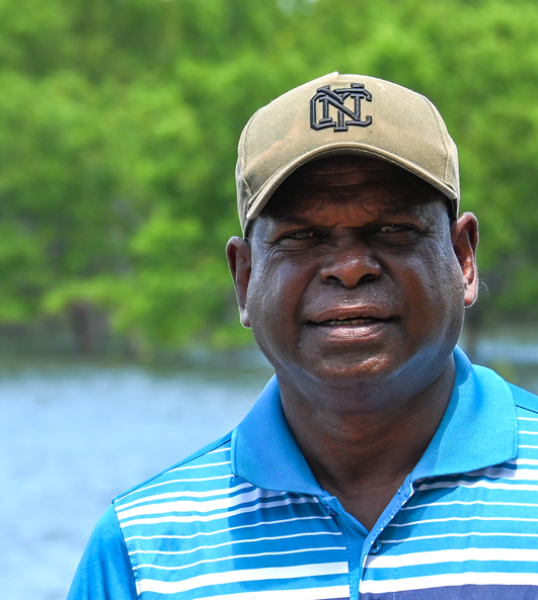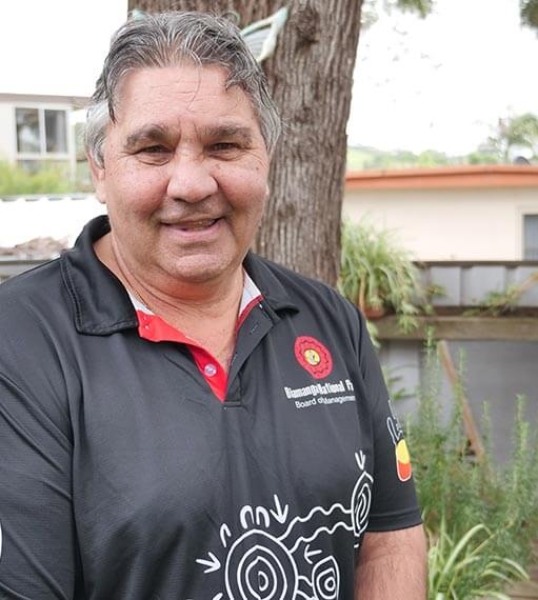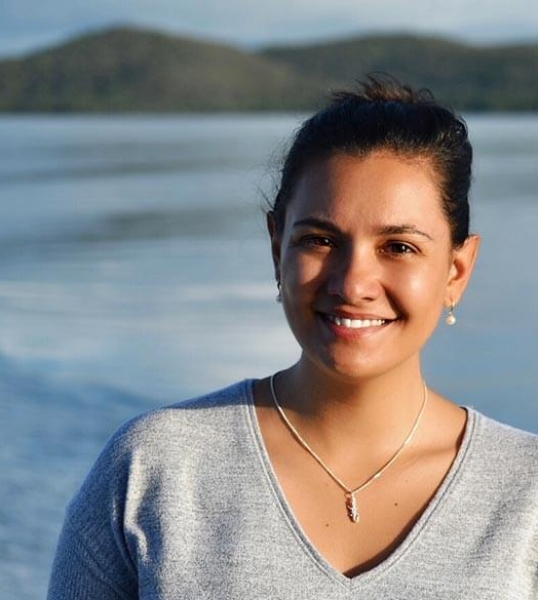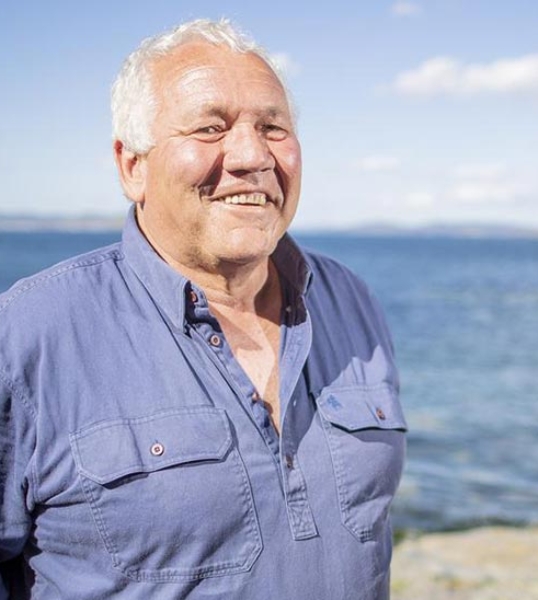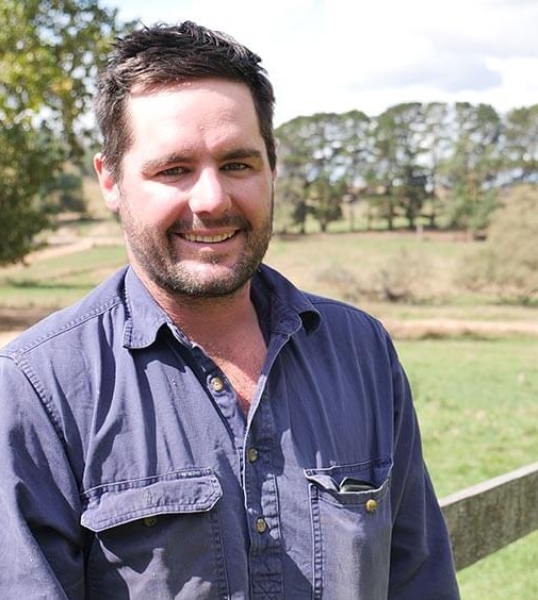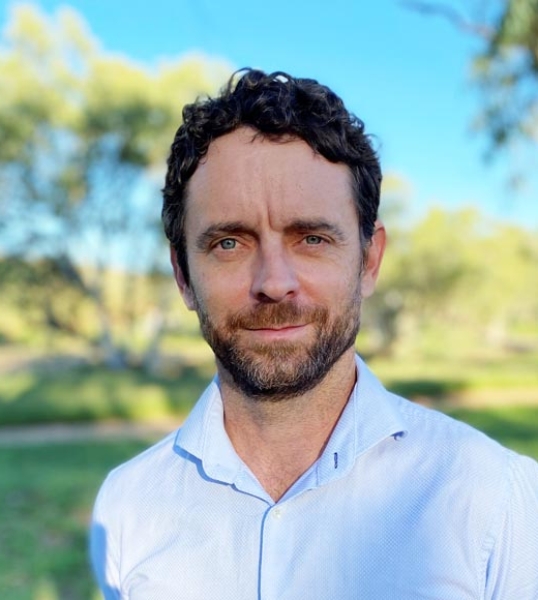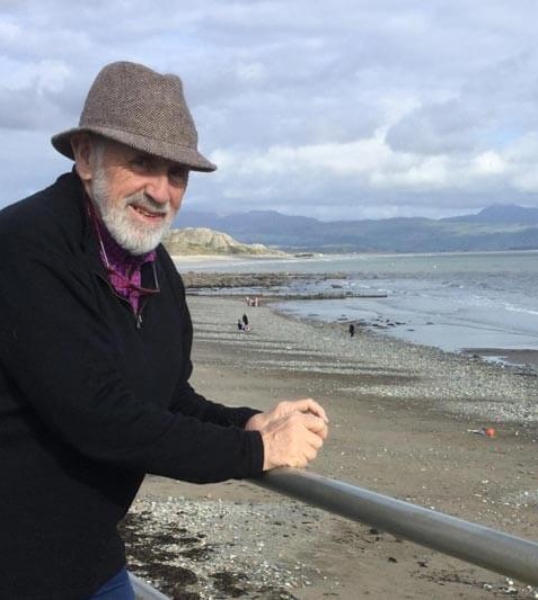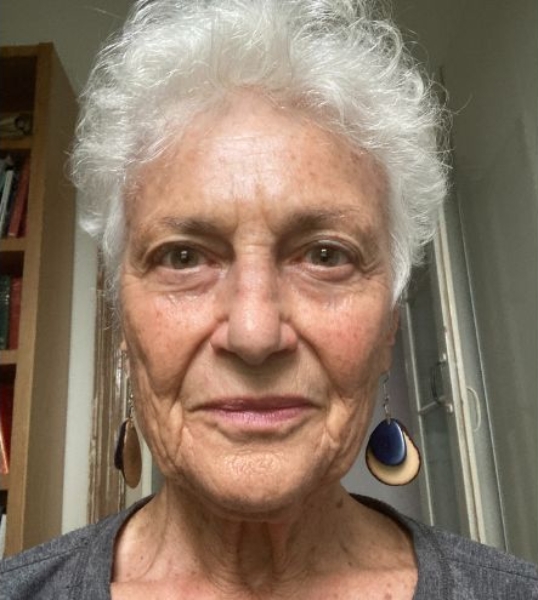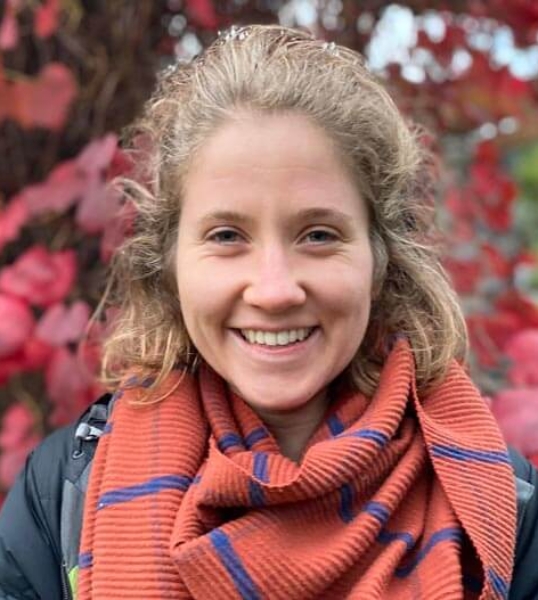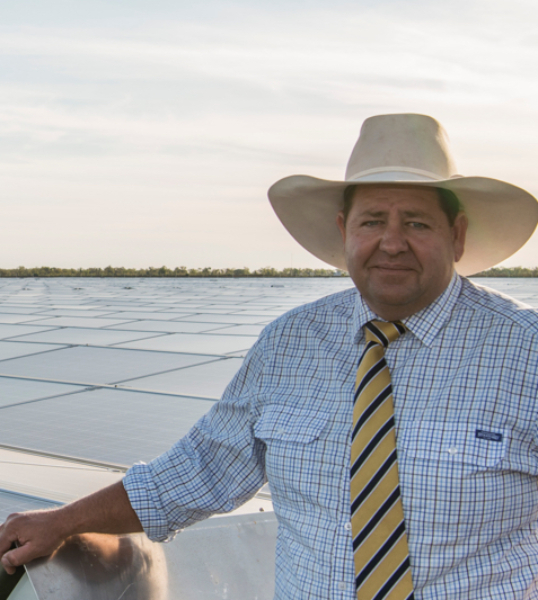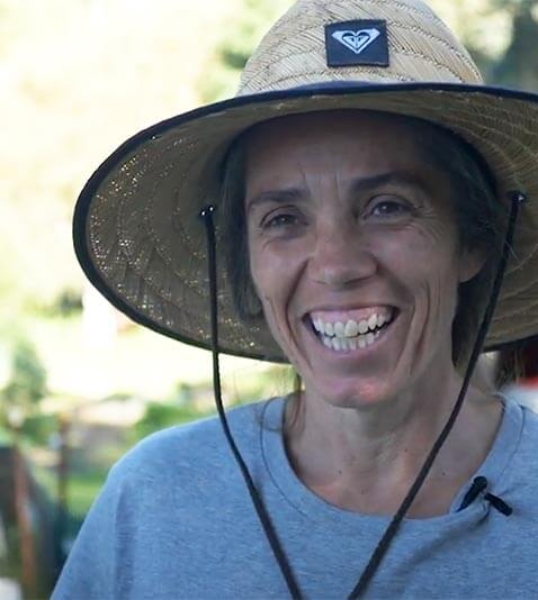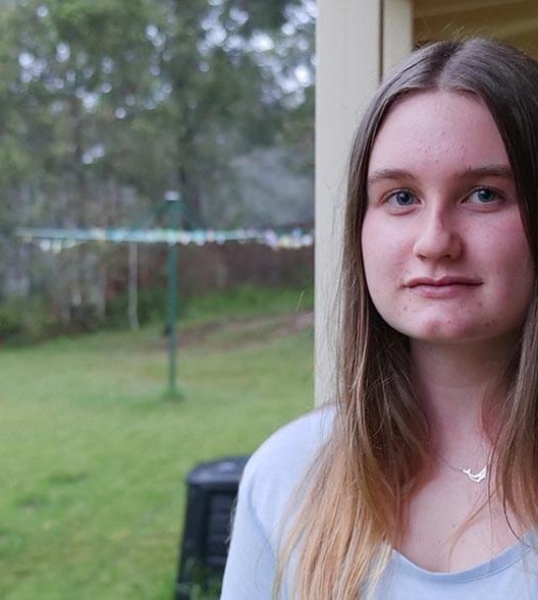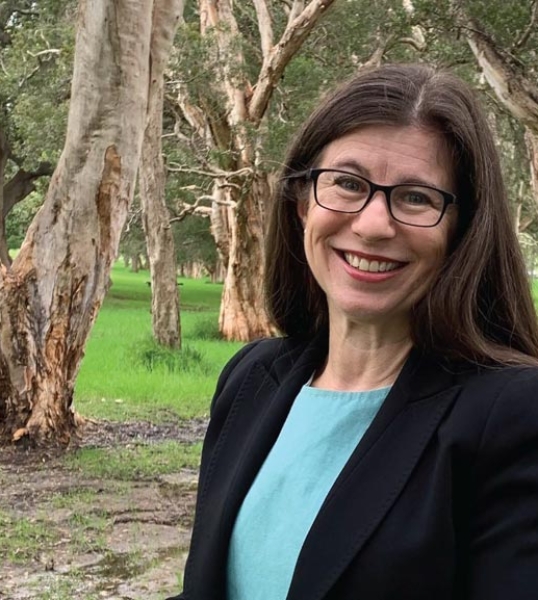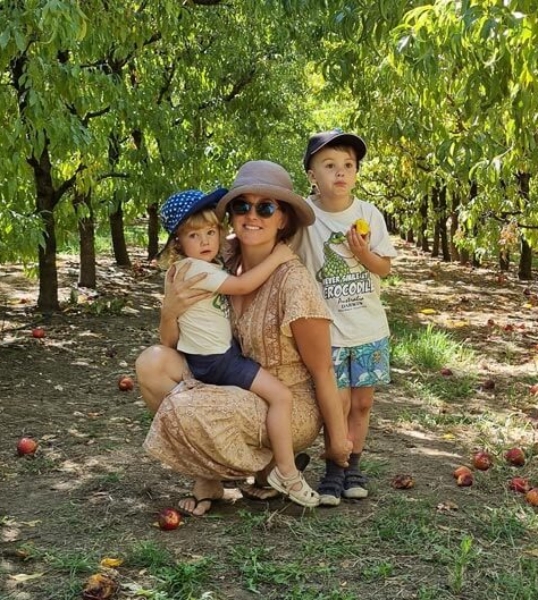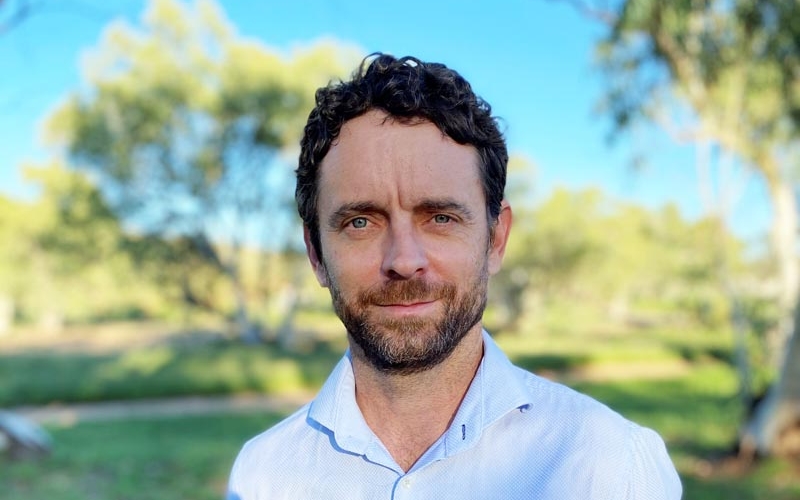
There were species of trees along the Katherine River that all died in unison, and huge areas of native forest perished. It was all because of the heat.
Alice Springs, NT
My name is Simon Quilty, I’m a long term Northern Territorian and I’m a specialist doctor. I have an interest in the health effects of climate change in the tropical North.
People in the Territory are focused on how to survive the next stretch of hot day in the build-up when temperatures soar for months on end into the 40s. When there’s an extended period of really hot weather, it feels calamitous. Since 2015, the summer heat has been excruciating, with much longer summers and much hotter peaks. The summer of 2019/20 was the hottest ever recorded. That heat season was so severe that meteorologists who I have been undertaking research with were lost for words to describe how unprecedented the heat was that summer. The last year has been a La Niña, and was supposed to be cooler, but even this year was well above average.
Everyone talks about the Great Barrier Reef, but it is all ecosystems in the north that are teetering on the edge of collapse. That summer of 2019/20 was catastrophic for the savannah country. There were birds falling out of the sky, dead. There were species of trees along the Katherine River that all died in unison, and huge areas of native forest perished. It was all because of the heat. There wasn’t much attention being paid to the heat event in the north because the Black Summer bushfires were happening down south. But I was living through it. My children were living through it, I had to explain to them why the birds and trees were dying. It was existentially sad, I realised that this summer would be one of the cooler ones that my children would experience in their lifetime.
In extreme heat, your body cooks from the inside. From a medical perspective, the heat denatures your proteins, damages your organs and you die. It’s a bit like a frog in a pot of boiling water – at some threshold, people will start to die. A few years ago, the temperature reached 49.9° in Tennant Creek. Those kinds of temperatures are unsurvivable without adequate shelter.
Once the body reaches 41.5°, that’s what we call heat stroke – you’re on the edge of death, all the mechanisms that your body naturally has to cool you down have been expended and physiological systems have reached tipping points, your insides start to cook and you’ll die pretty quickly. I’ve experienced this a couple of times myself but was fortunate enough to make it to a cool place and water. Your head pounds with pain, you get strange cold shivers even though you are burning hot, your arms and legs are weak, and you feel off-balance and confused as the neurons in your brain reach temperatures incompatible with normal function. It’s the beginning of the end, and if you don’t find shelter and water to cool your body, you won’t last long.
But extreme heat doesn’t just affect the body, it also affects the mind. Suicide rates go up significantly during extreme heat. In the Top End, it’s called Suicide Season. Extreme heat causes impulsivity and impairs the capacity to make rational decisions. I have felt it myself, it’s a sense of despondence, that the heat is never going to stop. Every year, these periods of heat despondency are creeping south.
The reality of what climate change is doing in the NT is a lived experience for me. It’s deeply concerning and there’s not nearly enough being done about it.
Hundreds of people from across the country are sharing their stories to send a clear message to the Australian government - it's time for real action on climate change.
Every story appears as a point on this map. Click around to read how climate change is affecting our communities, and add your own story to the map.
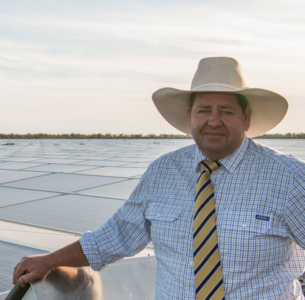
People in my community are still talking about 'when things go back to normal' but we need to realise that volatile and uncertain weather conditions are the new normal.
Read my storyPeople all across Australia are being harmed by climate change. These are some of their stories.
